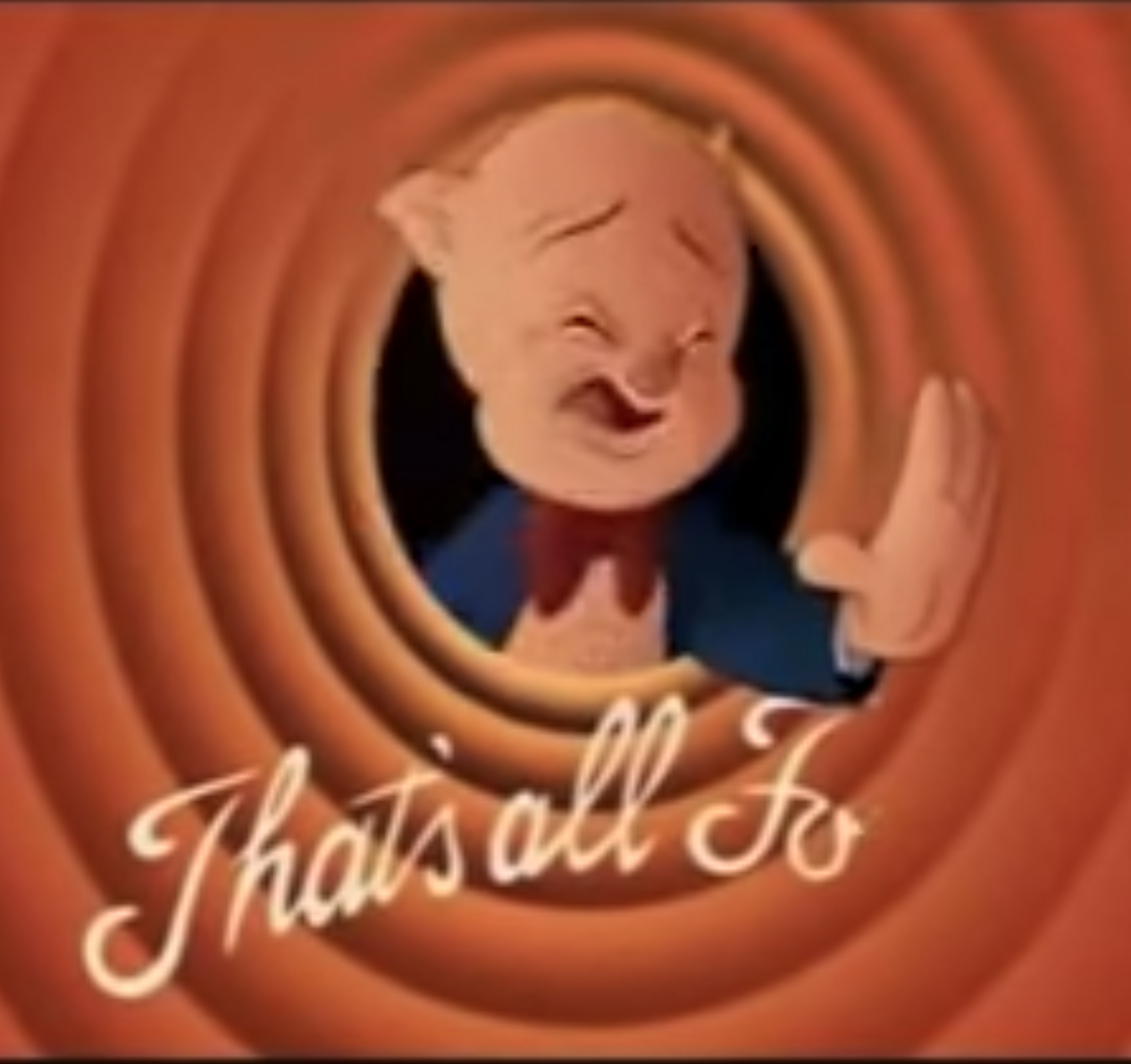
Warning: spoilers abound, and all victorious feelings of conclusion may be compromised.
Moesha (1996-2001)
Bored to Death (2009-2011)
My So Called Life (1994-1995)
Lois & Clark: the New Adventures of Superman (1993-1997)
What even is an end? Is it an opening? A halt? A coma? Catharsis? Do we humans have any use of the determinate? We might say an end is deceitful; because really there exists only the infinite. In the Bible, death is referred to as change. In Buddhism, death, if one does life right—in service of suffering’s consideration in order to will sentience away—leads to nirvana. Nirvana is the immeasurable sempiternal, and thus death is a continuum. Oblivion is glee. The prophet Muhammad said: Die before you die.” Meaning, please, end things before they go sour.
Television shows, however—like capitalism, romance, Facebook—are notorious for pernicious persistence long past expiration dates. Even the most enrapt fan will admit that once beloved, tight storylines sprawl after the fourth or fifth season and take on lives of their own, much like a nasty virus. What was once a cute sniffle of a sitcom turns into a full blown flu we can’t shake. The fate of such a show is driven by profit margins. Sometimes producers intervene and relegate moribund TV shows to the Friday Night Death slot between 8 and 11pm EST—as with the sixth season of the previously successful Flintstones, for example, or the third season of the floundering The Norm Show. Other times they persist because even though viewers recognize the deterioration, they keep watching out of attachment to characters or because they crave a conclusion.
Most often the end rarely lives up to the lead (see: Game of Thrones v. Dexter finale outrage). TV watching is truly about the destination; we want to know what happens and are willing to slog through cliché storylines, baffling plot twists, narrative impasses, and prolix tangents to get there. A show without climax, though, is like sex without an orgasm. Enjoyable (hopefully) all the same, but, come on. Viewers no longer have the ejaculate stamp at the close of credits that declares The End. So how do we know when things are over?
In January of 1996, pop star Brandi Norwood made her television debut as Moesha Denise Mitchell, of the Mitchell family of Leimert Park, Los Angeles, California on UPN’s Moesha. Critics praised the show for its portrayal of a middle class, carefree, functional Black American family. Audiences tuned in for six seasons of the Mitchells’ good humor. When new writers and new...
You have reached your article limit
Sign up for a digital subscription and continue reading all new issues, plus our entire archives, for just $1.50/month.
Already a subscriber? Sign in




